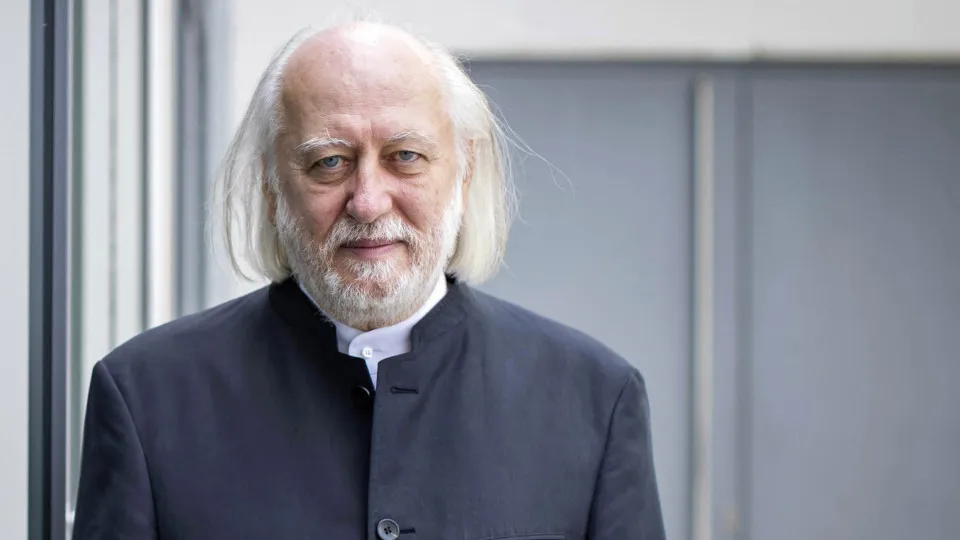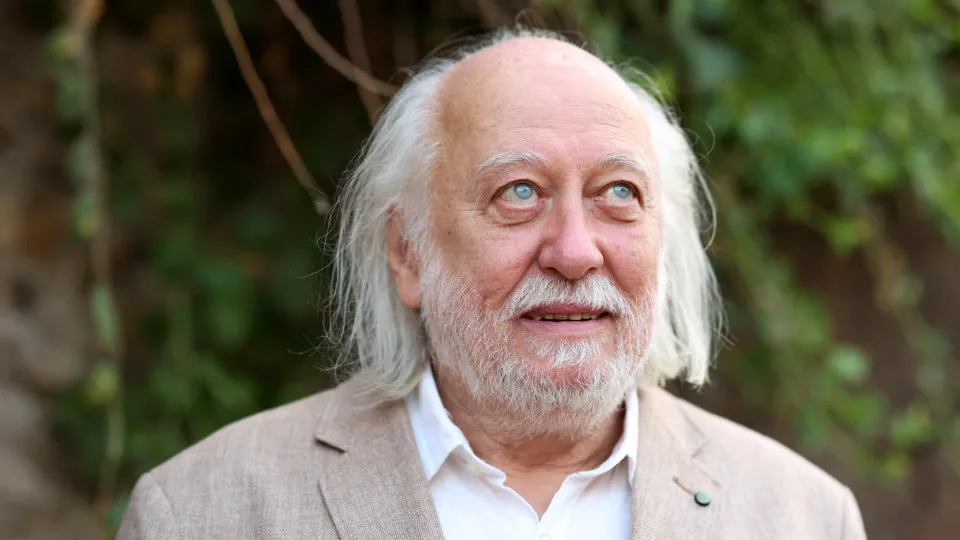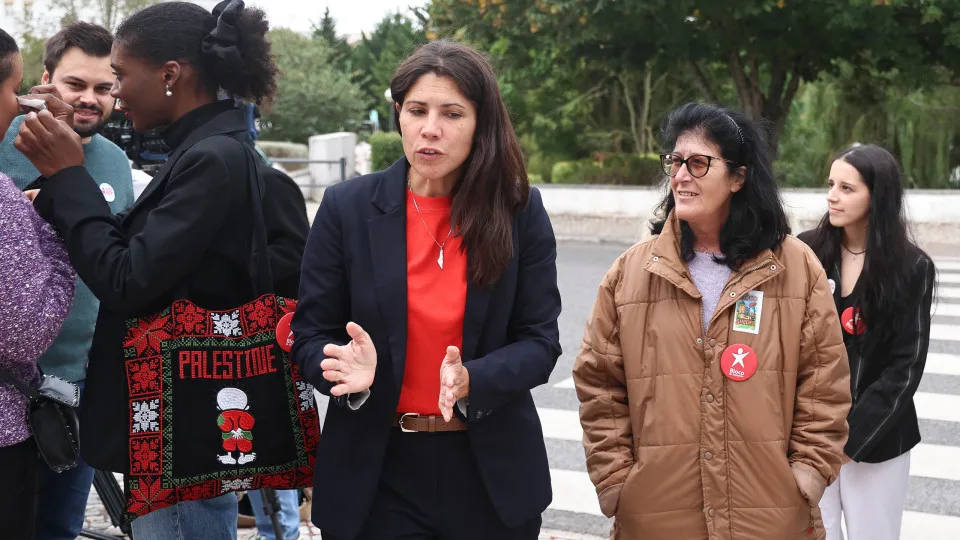
Awarded the 2025 Nobel Prize in Literature for his “compelling and visionary work that reaffirms the power of art amidst apocalyptic terror,” László Krasznahorkai has become the second Hungarian author to receive the world’s most prestigious literary award, following Imre Kertész’s success in 2002.
Despite the usual secrecy surrounding the winner until the announcement, bookmakers had favored the 71-year-old Hungarian writer, known for his challenging and demanding novels often labeled as postmodern, with dystopian and melancholic themes.
Born in 1954 in a small remote town in southeastern Hungary, near the Romanian border, László Krasznahorkai set his first novel, ‘Satan’s Tango’, in a similar rural region to tell the story of a miserable group of inhabitants of an abandoned collective farm in the Hungarian countryside, just before the fall of communism.
Silence and expectation prevail until two characters, previously presumed dead, reappear and are perceived as either messengers of hope by some villagers or as demons by others.
American critic Susan Sontag early on hailed Krasznahorkai as the “master of the apocalypse” in contemporary literature, a judgment she formed after reading his second book, ‘The Melancholy of Resistance’, a fevered and terrifying fantasy set in a small Hungarian town situated in a Carpathian valley, where the drama reaches even more intense proportions.
With dreamlike scenes and grotesque characters, László Krasznahorkai depicts here the brutal struggle between order and chaos—a battle from which no one emerges unscathed.
His first two novels were adapted into feature films by Hungarian director Béla Tarr, who, from 1988, directed all his films in collaboration with László Krasznahorkai, the last of which is “The Turin Horse”.
In his novel ‘War and War’, Krasznahorkai extends his focus beyond Hungary’s borders, following the humble archivist Korin, who decides, as a final act of his life, to travel from the outskirts of Budapest to New York to momentarily occupy the center of the world.
In this book, Krasznahorkai’s prose evolves into a fluent syntax and long winding sentences, devoid of full stops, which would become his distinctive trademark.
These “apocalyptic epics” are joined by another ‘Herscht 07769: Florian Herscht’s Bach Novel’, a narrative portraying a contemporary small town in Thuringia, Germany, also beset by social anarchy, murders, and fires.
This novel, described as a major contemporary German novel for its precise portrayal of the country’s social unrest, will be published in Portugal on the 13th by Cavalo de Ferro, ahead of the initially scheduled date due to the award.
Florian Herscht is a gentle and naive giant, seen by the residents of Kana as the village idiot, convinced that the world is approaching its end. He writes obsessive letters to Chancellor Angela Merkel about the imminent catastrophe while working at a wall-cleaning company under Boss, the leader of a local neo-Nazi group and a Johann Sebastian Bach fanatic.
As described by the publisher, it is a “devastating and prophetic satire on social disintegration and ecological collapse, nationalism and globalism, and the thin line separating civilization from barbarism,” in a single vertiginous sentence over nearly 400 pages, in Krasznahorkai’s unmistakable style.
However, the writer also turned to the East, adopting a more contemplative tone that gave rise to a series of works inspired by the profound impressions left by his travels to China and Japan.
Since embarking on writing, Krasznahorkai has received international acclaim from critics, who compare him to Gogol and Melville.
German writer W.G. Sebald opined that “the universality of Krasznahorkai’s vision rivals that of Gogol’s ‘Dead Souls’ and far surpasses all the lesser concerns of contemporary writing.”
László Krasznahorkai won the Man Booker International Prize in 2015, being the first Hungarian author to receive this award.
After several years living in Berlin, Germany, Krasznahorkai has retired to the hills of Szentlászló in Hungary.




